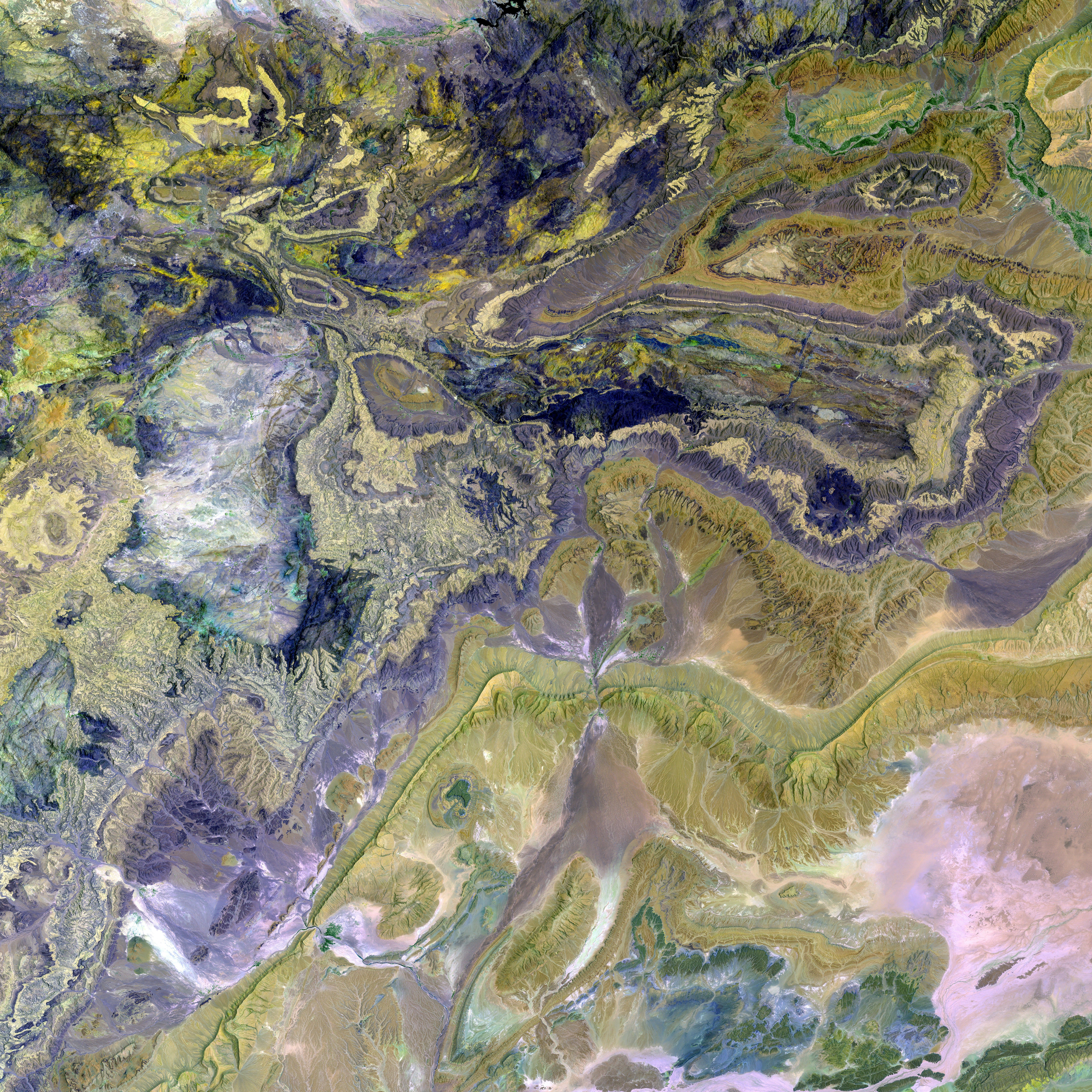Russian disinformation campaign targeted Danish politician, revealing a perceived threat to the nation's political landscape.
Disinformation Attack on Danish Lawmaker
Karsten Honge, a Danish Member of Parliament from the Socialist People's Party, found himself at the receiving end of a Russian disinformation campaign last January. According to the military intelligence (FE), this campaign distorted the relationship between Greenland and Denmark[1][5].
Advertisement
The false narrative portrayed Honge, the foreign affairs spokesperson for the Socialist People's Party, as seeking aid from Russia to prevent Greenland from seceding and becoming part of the United States[1][2][3]. The post, which originated from a disinformation actor that has previously promoted Russian agendas in Ukraine, was widely shared across social media platforms[1]. It even appeared to come from Honge himself.
French anti-disinformation agency Vignum concluded that the "actor" behind the post was part of a network responsible for its creation and distribution. This network acts on behalf of the Russian state, as reported by the Danish intelligence agency[1].
Advertisement
The intention behind the fake post was to stir up controversy and damage relations between Denmark and the United States. The post suggested that Denmark would seek Russia's help to prevent Greenland from becoming associated with the U.S[1].
After being briefed about these findings by the intelligence service, Honge called it a "harsh wake-up call to the times we must be prepared for." He emphasized that such instances are not just random trolling but can also be state-organized[1].
More
#Tech### Insights
This disinformation campaign is part of a broader strategy by Russia to sow discord in trans-Atlantic relations and undermine Western unity, particularly in the context of tensions surrounding Ukraine[1]. The Russian government has been accused of employing similar tactics in various countries, including the United States and other European nations[6].
Content of the Campaign:- The disinformation campaign used social media posts to disseminate fabricated content, including a doctored image of a supposed Facebook post by Karsten Honge[1][4].- The posts claimed that Honge was against Greenland's independence and sought Russian intervention to prevent U.S. involvement[1][4].- The posts were attributed to pro-Russian influencers, part of a network supporting Russian interests[1][2].
References:1. Ritzau/The Local, Russian Disinformation Campaign Targets Danish Lawmaker, [Link removed]2. The Guardian, Russian Disinformation Campaign Targeted Danish Lawmaker, [Link removed]3. New York Times, Russian Disinformation: An Update, [Link removed]4. BBC News, Foreign Office Warns of Russian Disinformation Online, [Link removed]5. NPR, Russia's Disinformation Campaign Targeting Western Nations, [Link removed]6. Washington Post, How Russia Encourages Disinformation, [Link removed]
- The disinformation campaign, part of a broader Russian strategy, aimed to sow discord within trans-Atlantic relations and undermine Western unity, especially concerning the tensions surrounding Ukraine.
- The targeted Danish lawmaker, Karsten Hønge, experienced a disinformation attack originating from a network suspected of promoting Russian agendas, like in Ukraine.
- The false narrative portrayed Hønge as seeking aid from Russia to prevent Greenland from seceding and joining the United States, causing controversy and damaging relations between Denmark and the United States.
- General news outlets reported that the campaign used doctored social media posts, including a false Facebook post attributed to Hønge, to support pro-Russian interests.
- Citizenship and political discussions were targeted by the disinformation campaign, which may have a significant impact on the public's perception of events and policy decisions.
- Hønge, after being briefed by the Danish intelligence agency, expressed concerns that such state-organized disinformation incidents were not just random trolling but could be part of a war-and-conflicts or politics-related campaign.








